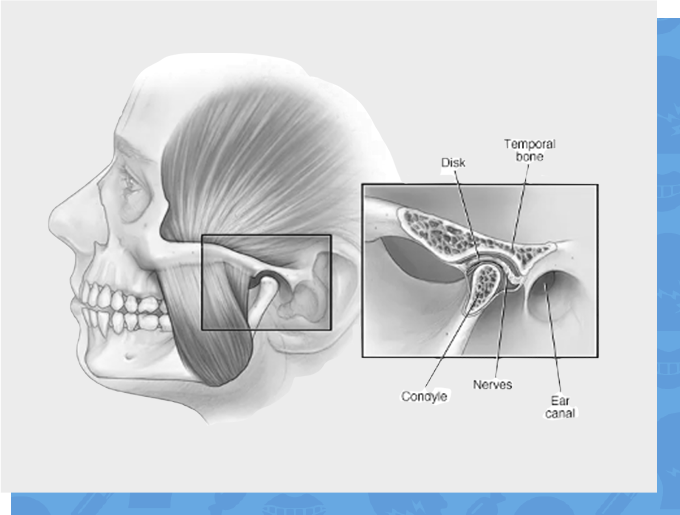Request an Appointment
Contact us today to request an appointment so you can start getting the sleep you need.

The joint that connects the lower jaw to the skull just in front of the ears is known as the Temporomandibular Joint (TMJ). When the joint is not functioning properly or causes pain, doctors use the term Temporomandibular Joint Disorder (TMD).

Generally there are multiple causes that can lead to TMD:
PARAFUNCTIONAL HABITS
INJURIES TO THE JAW
ARTHRITIS CAN OCCUR IN THE TMJ
PSYCHOLOGICAL FACTORS